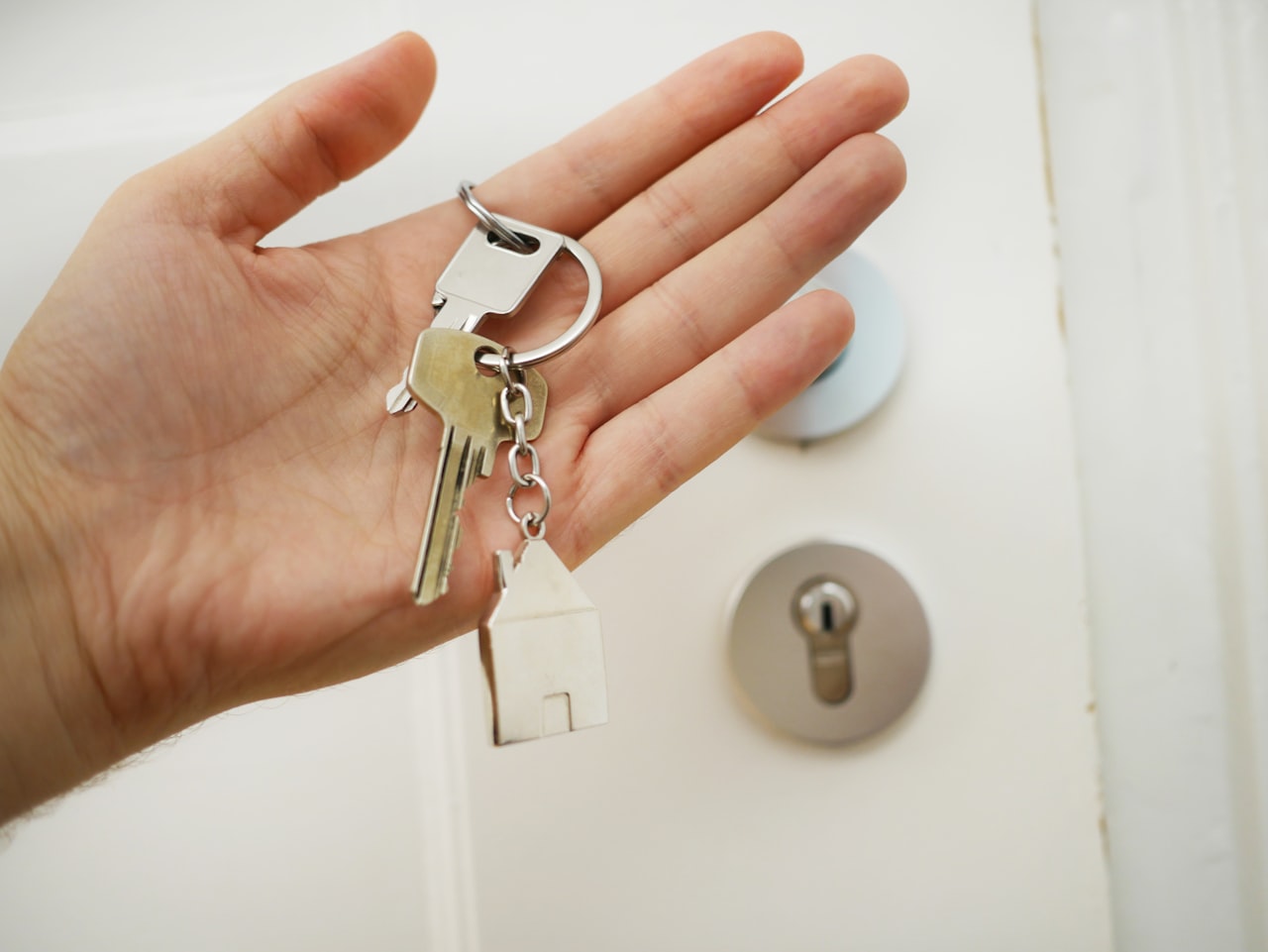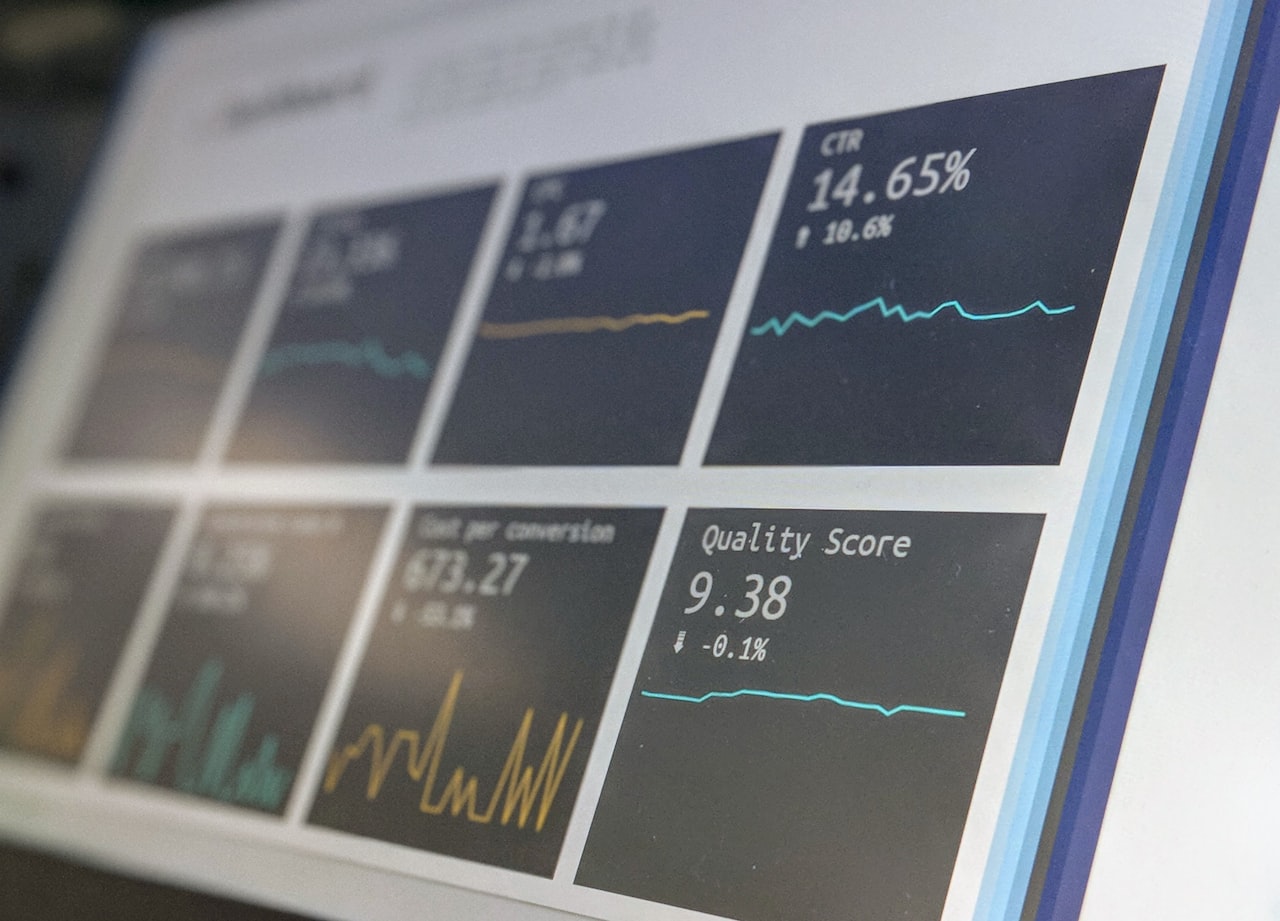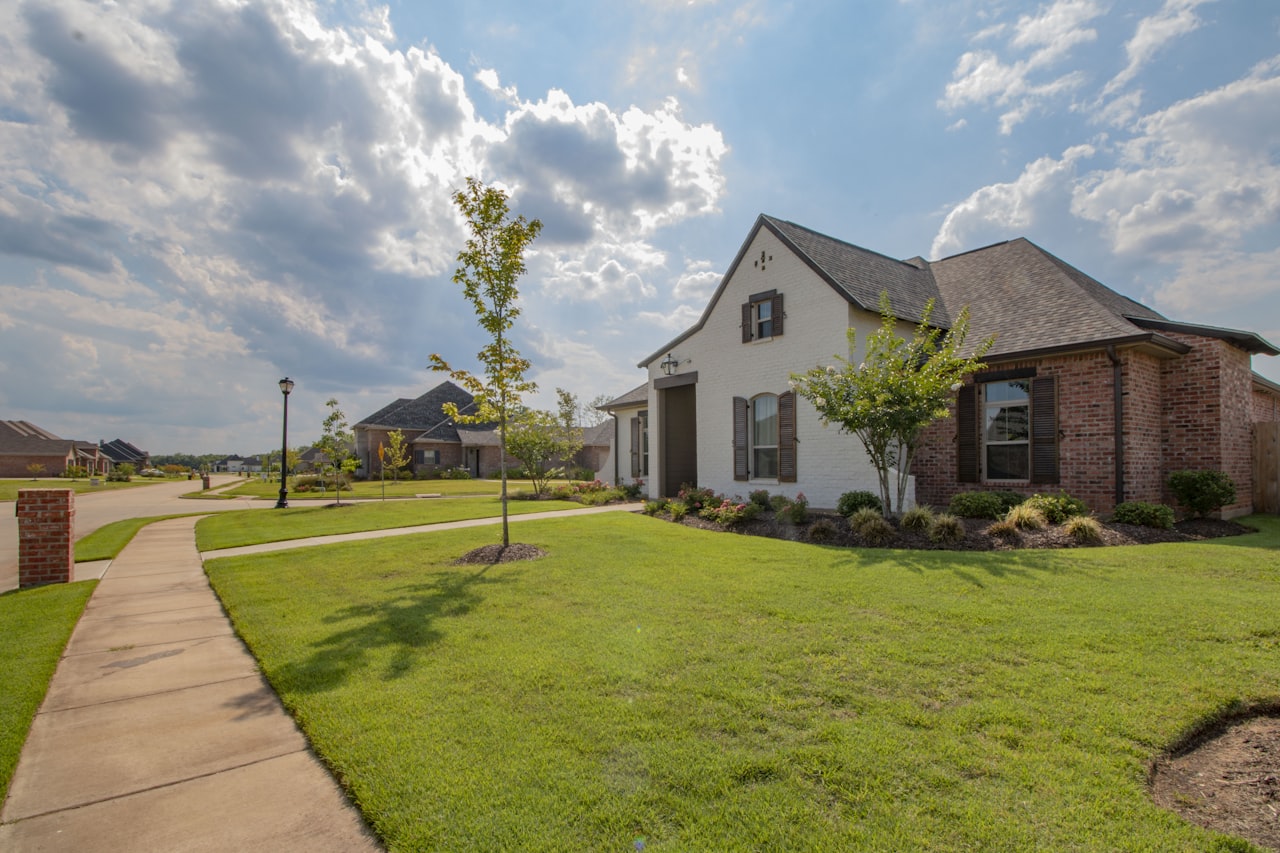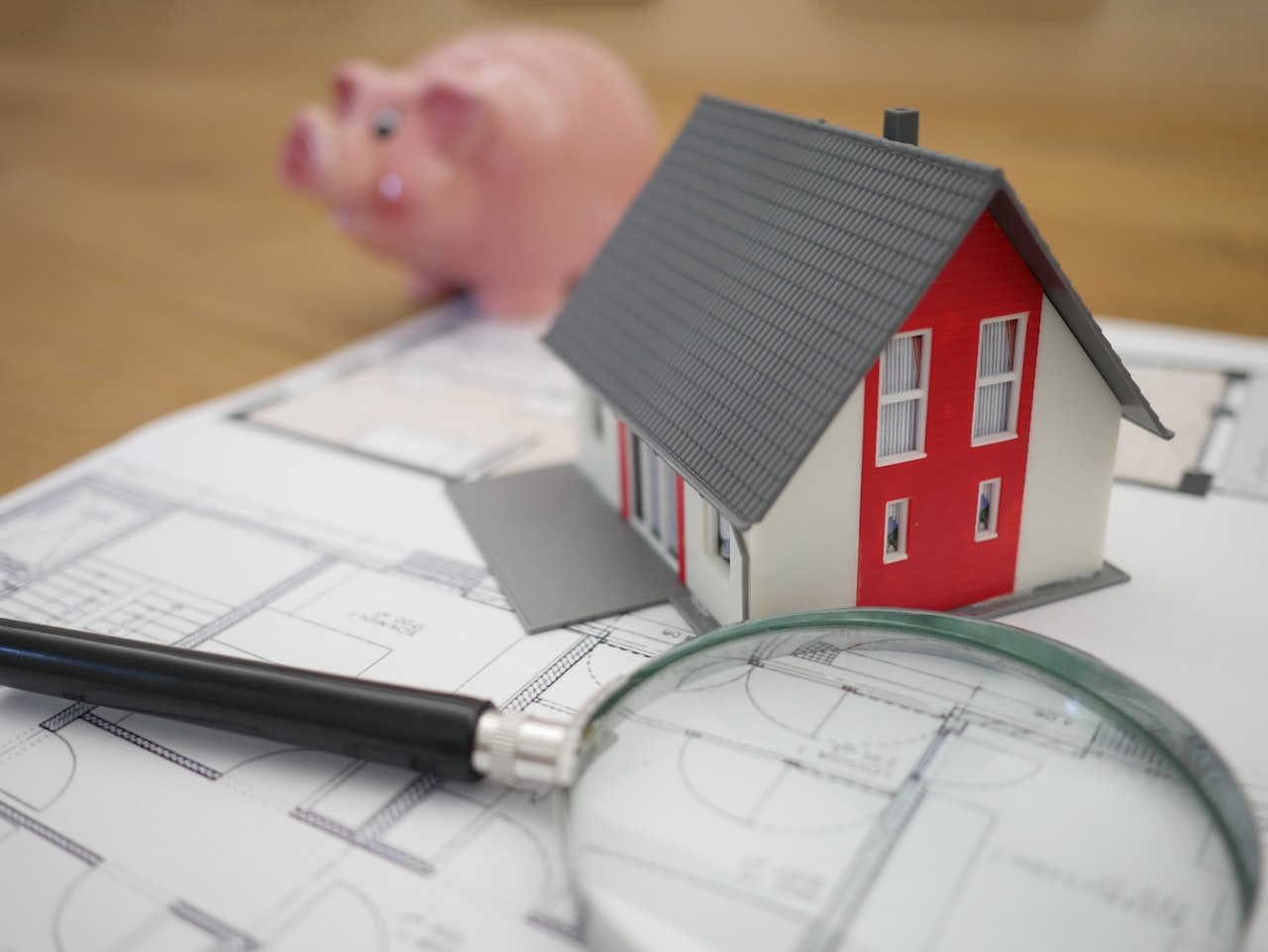Buying a home is an exciting milestone, but in today’s fast-moving real estate market, it’s easy to make costly mistakes. Whether you’re a first-time homebuyer or seasoned in real estate, understanding the common pitfalls can help you avoid costly missteps. In this guide, we’ll outline the biggest mistakes homebuyers are making in today’s competitive market, and share tips on how to avoid them for a smoother, more successful home purchase.
1. Skipping Mortgage Pre-Approval: A Critical Step for Homebuyers
In today’s competitive housing market, mortgage pre-approval is one of the most important steps you can take. Without pre-approval, your offer may not be taken seriously by sellers, especially in a multiple-offer situation. Getting pre-approved for a mortgage allows you to set a realistic budget and shows sellers that you’re financially qualified to purchase their home. Start this process early to avoid delays and position yourself as a serious buyer. It can also help you lock in a favorable interest rate and provide peace of mind knowing how much home you can afford.
2. Overlooking Extra Costs: Budgeting Beyond the Sale Price
While it’s easy to focus on the sale price of the home, it’s essential to remember that additional homeownership costs can add up quickly. Buyers often overlook ongoing expenses like property taxes, homeowners insurance, and maintenance costs. Failing to account for these expenses can lead to financial strain after you close on the house. To avoid surprises, make sure you research these extra costs before making an offer, and budget accordingly. It’s important to have a full picture of your financial commitment when buying a home.
3. Rushing Into Decisions: Take Your Time to Choose the Right Home
In a hot housing market, it can be tempting to rush through the buying process to secure a home before someone else does. However, rushing into a decision can lead to buyer's remorse. Take the time to weigh your options carefully and evaluate homes that meet both your needs and your budget. Make a list of “must-haves” in terms of location, size, and features, and don’t settle for a home that doesn’t check all the boxes. It’s important to stay patient and think about your long-term goals to ensure that you’re making the right investment.
4. Letting Emotions Take Over: Stay Objective When Choosing a Home
Homebuying is an emotional journey, but it’s crucial to stay objective during the process. Falling in love with a home can cloud your judgment, especially if it’s in a desirable neighborhood or has features that appeal to you personally. Before you get attached, ensure that the home meets your practical needs and is a good financial investment. Evaluate the location, school district, and resale value to make sure it aligns with your long-term goals.
5. Skipping the Home Inspection: Don’t Overlook This Essential Step
In today’s competitive real estate market, some buyers are opting to skip the home inspection to make their offer more attractive. However, skipping the inspection can be a costly mistake. Home inspections can uncover hidden issues like foundation problems, roofing issues, or electrical defects that might not be immediately visible. These problems can cost thousands of dollars to fix and might affect the overall value of the home. Even if you're in a bidding war, it’s worth negotiating with the seller for an inspection contingency to protect yourself from future repair costs.
6. Ignoring Interest Rates: How Mortgage Rates Affect Your Purchase
Interest rates play a crucial role in determining your monthly mortgage payment and the total cost of your home over the life of the loan. Even a small increase in interest rates can have a significant impact on what you pay each month. Stay informed about current mortgage interest rates and lock in a rate when you’re ready to make an offer. By acting strategically, you could save thousands of dollars in interest over the life of your loan.
7. Not Budgeting for Moving and Setup Costs: Prepare for the Hidden Expenses of Relocating
After securing your home, many buyers are surprised by the moving costs and additional expenses that come with setting up a new home. These costs may include hiring movers, purchasing furniture, setting up utilities, and addressing minor repairs or upgrades. Failing to budget for these expenses can create financial strain once you’re settled into your new home. Plan ahead by factoring in these moving and setup costs to ensure you have enough funds to cover everything.
8. Overlooking Resale Value: Choose a Home with Long-Term Value
Even if you plan to stay in your home for many years, it’s still important to consider its resale value. Homes in desirable locations with good school districts and access to amenities are more likely to retain or appreciate in value over time. Even if you’re not thinking of selling now, a home with strong resale potential gives you more flexibility if your circumstances change in the future. When shopping for a home, consider how easily it would appeal to future buyers and whether it’s a good long-term investment.
The Takeaway:
Avoiding these common homebuyer mistakes requires careful research, planning, and expert guidance. By working with professionals such as real estate agents, mortgage brokers, and home inspectors, you can confidently navigate the complexities of today’s competitive real estate market. Take your time, stay objective, and budget thoroughly to ensure your home purchase is a smart investment for both the present and the future.
FAQs
Q1: How do I get pre-approved for a mortgage?
To get pre-approved for a mortgage, you’ll need to provide your lender with financial documents such as pay stubs, tax returns, and details about your assets and debts. The lender will evaluate your financial situation and issue a pre-approval letter, which indicates the amount they’re willing to lend you. This step is essential before starting your home search, as it gives you a clear budget and strengthens your offer in a competitive market.
Q2: What additional costs should I consider when buying a home?
In addition to the sale price of the home, buyers should consider ongoing costs such as property taxes, homeowners insurance, and potential maintenance and repair costs. Research the average utility costs in the area and inquire about HOA fees if applicable. Having a full understanding of these costs will help you create a realistic budget and avoid financial strain after closing.
Q3: How can I increase my home’s resale value?
To increase a home’s resale value, focus on upgrades that appeal to future buyers, such as kitchen renovations, bathroom updates, and improving curb appeal. Choose a home in a desirable neighborhood with good access to schools, public transportation, and amenities. The home’s layout and size also play a big role in long-term value, so consider whether the property will appeal to a broad range of future buyers.
By optimizing your approach to these common mistakes, you’ll be better equipped to navigate the home-buying process and make a confident investment in today’s competitive real estate market.




























































